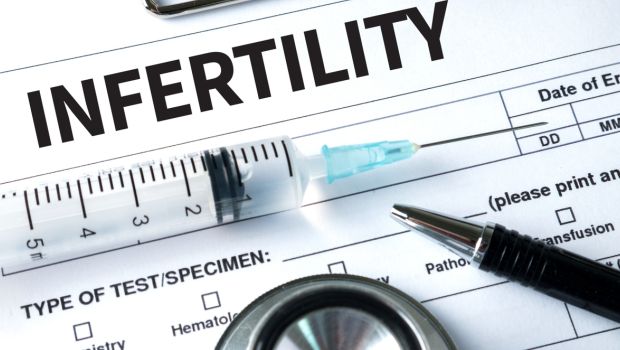The problem of infertility is on the rise. Contrary to the common notion of women being affected by reproductive issues, men are equally at risk. The World Health Organization states that up to 25 per cent of couples in developing countries are affected by infertility. There may be many factors coming into play, but 20-30 per cent of the problem is linked to male factors alone. Therefore, many studies are being carried out to look deep into the matter and come up with solutions. One of the recent studies claimed that a diet low in fat and high in egg whites could be the key to boosting male fertility.
The study asserts that what men eat could affect their fundamental male sex hormone. The research was carried out by Dr. Karma Pearce from the University of South Australia in association with fertility specialist Prof Kelton Tremellen, Repromed, and Flinders University. The results that were published in the journal 'Nutrients' indicate a direct relationship between diet and testosterone. The study also made a shocking revelation that a high-fat diet including the so-called 'healthy mono-saturated fats', affects testosterone production within as little as five hours of consumption.
(Also Read: 6 Food and Diet Tips to Increase Sperm Count)

Low-fat diet may improve male infertility.
Lead researcher, Dr Karma Pearce said, "There's an assumption that 'good' fats and 'bad' fats perform as they're described but what's surprising, is that it wasn't the type of fat that mattered at all, as an equal amount of the good and bad fats significantly supressed testosterone production."
The study also suggests that a diet low in all kinds of fat, and containing egg whites, and whey protein to some extent, may have a good effect on serum testosterone.
"In this study we also found that consuming albumen - the protein in egg whites - increased testosterone levels, and did so by four-fold relative to fasting, while albumin, combined with the bad saturated fat somewhat ameliorated the effect of the bad fats on testosterone levels, providing another diet-based influencer of testosterone levels," Dr Karma Pearce added.









